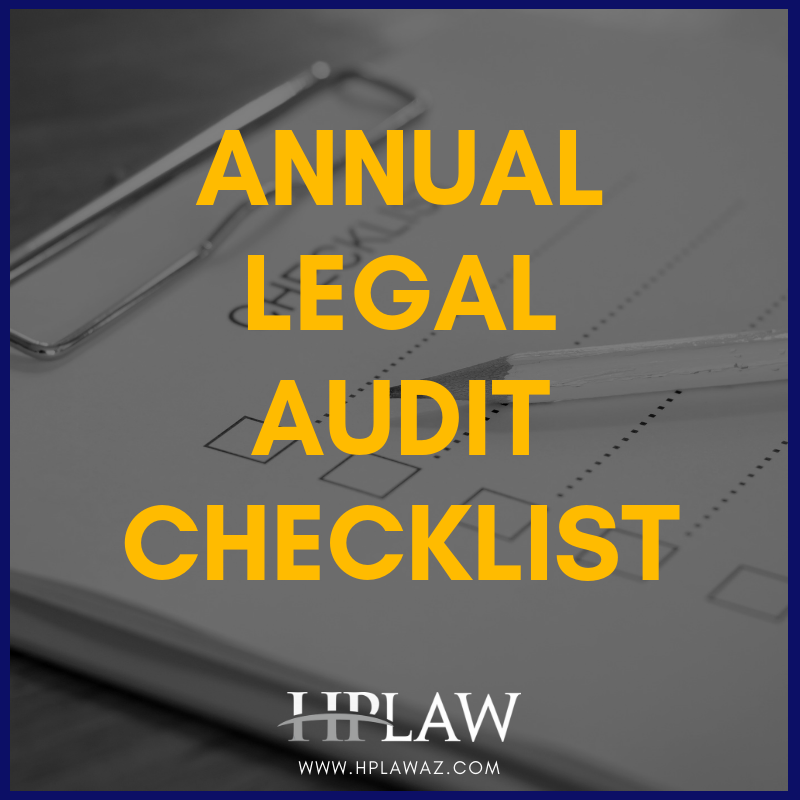Legally Speaking: Estate Plan Fundamentals

Estate Plan Fundamentals
Below are some fundamental concepts you should understand when creating or changing your Estate Plan.
Probate: Court-mandated Estate administration for the deceased, whether or not they had a Will. Primary functions include authentication of Will, appointment of Personal Representative, identification of heirs, payment of debts, and distribution of property.
Conservatorship/Guardianship: Court appointment of an “Agent” placed in charge of the finances, health, and wellbeing of a minor or incapacitated person (“Ward”). Hearings and other procedures are conducted to determine if the Agent is qualified and whether the Ward is really incapacitated. The court requires health and financial reports from the Agent.
Revocable Living Trust: Is a “Will Substitute” and is a contract between “Grantor”, who creates the trust, and “Trustee”, who manages trust property. The trust imposes special duties (“fiduciary duties”) on the Trustee to follow trust instructions and do what is in the best interest of Beneficiaries. There is always a Grantor, Trustee, and Beneficiary.
Grantor (“Trustor” “Settlor” “Trustmaker”): Creator of the trust who transfers property to the Trustee. Usually Grantor and Trustee are initially the same person. Grantor chooses WHO inherits, HOW they inherit, and WHAT is inherited, and can change the trust while competent.
Trustee: The “CEO” of the Trust who owns and manages trust property solely to help beneficiaries, as instructed in the document. For example, a Trustee can protect an inheritance from going to a creditor of a beneficiary.
Beneficiary: Benefits from trust property as stated in the Trust. Usually Grantor and Beneficiary are the same person during Grantor’s lifetime. Only after Grantors die do Beneficiaries become the children, loved-ones, charities, or others named in the document. Beneficiaries can receive in various ways: income, installments, use of property, payment of expenses, lump sum payout, among others.
Pour-Over Will: A type of Last Will and Testament used in conjunction with a Revocable Living Trust. It captures property left out of the Trust and “pours” it into the Trust at death. If assets are left out of the trust, the pour-over will does not necessarily avoid probate, but it does ensure wishes expressed in the Trust are followed.
Durable Power of Attorney (“Financial POA”): Here, you as “Principal” appoint an “Agent” to take care of your property and finances if you become disabled. Without a financial POA, your loved ones must file for Conservatorship in state court to be allowed to manage your financial affairs. A “Durable” POA stays in effect whether you are capable or incapacitated.
Health Care Power of Attorney (“Healthcare POA”): You appoint an Agent to make your medical decisions; including whether to withdraw life support, authorize organ donation, decide between cremation or burial, or just determine what type of medical treatment you receive. Without a Healthcare POA, loved ones must file for Guardianship in state court to gain authorization to take care of you once you suffer an incapacity.
Living Will (“Advance Medical Directives”): Not to be confused with “Will” or “Living Trust”! This establishes your wishes for end-of-life care. It is NOT used during an emergency! It is typically used when you are close to death with a terminal illness, irreversible coma, or permanent vegetative state. Decisions over artificial life support, use of pain medication, or your desire for religious rites to be performed can be decided here.
I hope this understanding of some fundamental concepts allow you to
Leave a Legacy, Not a Burden!

We are a local Glendale AZ firm dedicated to personalized legal services at a reasonable cost with a focus on Estate Planning, Probate, Asset Protection & Small Business Planning. We are committed to high-quality personalized service and look forward to talking with you.
You may also call us directly at 623-299-2722.




Sorry, comments are closed for this post.